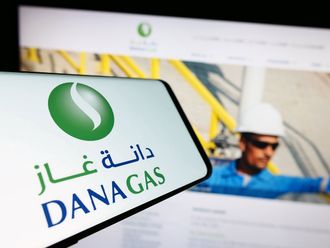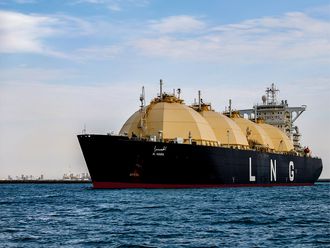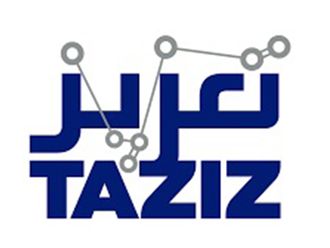Dubai: Libya should buy a strategic stake in BP to take advantage of its weak share price following the giant oil spill from one of its wells in the Gulf of Mexico, the country's top oil official said.
Shokri Ganem, Chairman of Libya's Nation Oil, said he will recommend buying a stake in BP to the Libyan Investment Authority, or LIA, the North African state's sovereign wealth fund.
"BP is interesting now with the price lower by half and I still have trust in BP, I will recommend it to the LIA," Ganem said in a telephone interview yesterday. "It's a good opportunity for bargain hunters," he added.
Ganem's remarks follow local press speculation that oil-rich Middle East investors are considering a strategic investment in BP as it continues to battle the oil spill in the Gulf of Mexico. The spill, now in its 76th day, ranks among the largest in US history and has hurt the region's fishing and tourism industries.
No immediate sale
"We are not selling any assets right now but we do wish to sell $10 billion of non-core upstream assets over the next 12 months; if people want to buy BP shares we always welcome new shareholders," said John Pack, a London-based spokesperson for BP.
BP's shares last traded up 2.4 per cent at 329.7 pence.
Shares have dropped from as much as 640 pence before the April 20 blast aboard Transocean's (RIG) Deepwater Horizon drilling rig-leased by BP for its Macondo well-in the Gulf of Mexico.
"Gulf sovereign wealth funds and other investors from the region might express interest given the record of investing in companies in distress which have brought confidence and placed a ‘floor' under the companies' share price and prevented further depreciation," said John Sfakinakis, chief economist at Riyadh-based Banque Saudi Fransi-Credit Agricole.
Mohammad Layas, Executive Director of the Libyan Investment Authority, told Zawya Dow Jones yesterday he had "no comment at this stage".
Eni venture
The LIA in 2008 acquired a stake of below 2 per cent in Italy's Eni, which has extensive operations in Libya, after buying shares on the open market. The state fund was also targeting other energy investments including in international oil companies, Ganem said in June 2009.
Libya has stepped up overseas investments since economic sanctions were lifted on the country in 2004.
It has also attracted significant investments from oil firms including Eni, Total and Occidental Petroleum in recent years.
BP and its Libyan partner, the Libya Investment Corp, in May 2007 signed an exploration and production deal with NOC worth at least $900 million for the onshore Ghadames and offshore Sirt areas, covering an exploration area of around 54,000 square kilometres.
BP said earlier yesterday the cost of the response to the Gulf of Mexico oil spill so far is $3.12 billion, as it ramps up oil-containment efforts following storm surges caused by Hurricane Alex. The cost figure includes containment, relief-well drilling, grants to Gulf of Mexico states, claims paid and federal costs, BP said.
Kuwait also in the fray
Kuwait may buy some of BP's Middle East and Asian assets, a Kuwait newspaper said yesterday, as part of the British oil company's attempt to raise funds and fend off takeover bids.
Arabic language daily Al Jarida, citing oil sources, said state-run Kuwait Foreign Petroleum Exploration Co (KUFPEC) is reviewing investing in oil fields in Egypt, Yemen and east Asia due to BP's need for liquidity.
Kuwait, the world's fourth-largest oil exporter, is not in direct talks with the British firm, the newspaper said.
An official at KUFPEC denied the report when contacted by Reuters yesterday.
On Sunday, media reports said BP is seeking a strategic investor to secure its independence in the face of any takeover attempts as it struggles with a devastating oil leak in the Gulf of Mexico.
Britain's Sunday Times said the company's advisers were trying to drum up interest among rival oil groups and sovereign wealth fundsto take a stake of between five and 10 per cent in the company at a cost of up to £6 billion.
The Guardian said BP was holding talks with the Kuwait Investment Office, the London-based arm of the Kuwait Investment Authority, about raising its 1.75 per cent stake in the oil company to potentially as much as 10 per cent.












